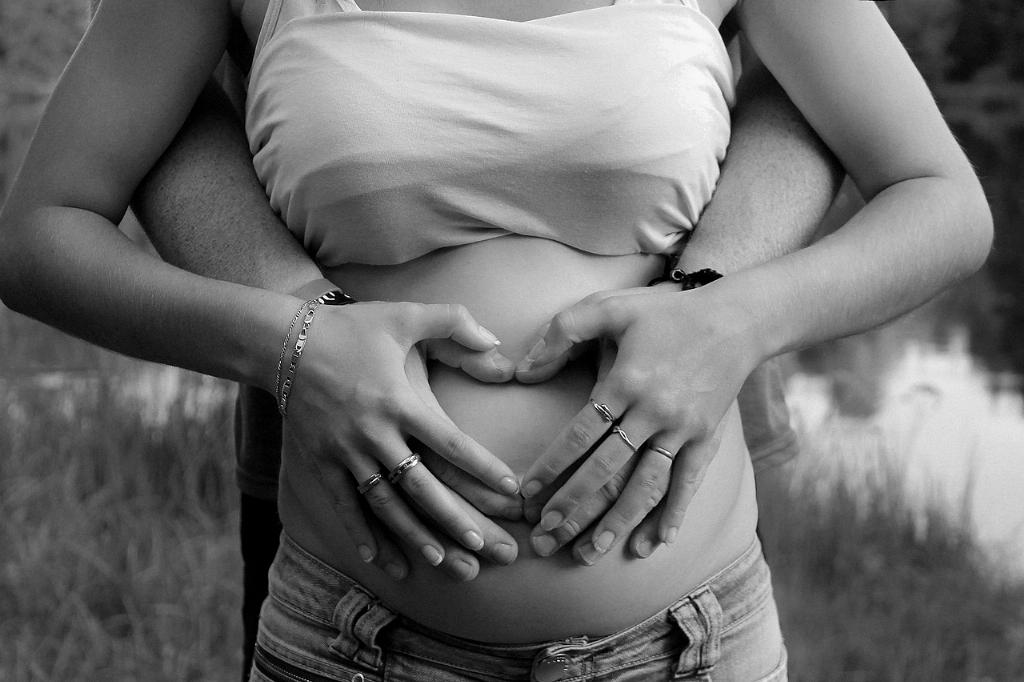During the early stages of pregnancy, many women experience a variety of symptoms as their body adapts to the changes taking place. While some symptoms are well-known, such as morning sickness and fatigue, others may not be as commonly discussed. One question that often arises is whether itching is a common symptom in early pregnancy.
Clarifying Common Misconceptions
It is important to note that itching is not typically considered an early pregnancy symptom. While some women may experience itching for various reasons, it is not directly linked to the early stages of pregnancy. In fact, itching is more commonly associated with skin changes that occur as the pregnancy progresses.
Causes of Itching in Pregnancy
Itching during pregnancy can be attributed to a variety of factors, including hormonal changes, stretching of the skin, and increased blood flow. As the body prepares for the growth of the baby, the skin may stretch, leading to dryness and itching. Hormonal fluctuations can also contribute to changes in the skin, making it more susceptible to itching.
Types of Skin Conditions
While itching itself is not a direct symptom of early pregnancy, various skin conditions can arise during pregnancy that may cause itching. Conditions such as eczema, prurigo of pregnancy, and PUPPP (pruritic urticarial papules and plaques of pregnancy) can lead to intense itching and discomfort for expectant mothers.
Seeking Relief
If you are experiencing itching during pregnancy, it is essential to consult with your healthcare provider to determine the underlying cause. Your doctor can provide guidance on managing symptoms and recommend safe treatments to alleviate itching without harming your baby.
Preventive Measures
To minimize itching during pregnancy, it is important to maintain proper skincare and hydration. Using gentle, fragrance-free moisturizers and avoiding harsh chemicals can help soothe dry, itchy skin. Staying hydrated by drinking plenty of water can also support overall skin health.
When to Seek Medical Attention
If itching becomes severe or is accompanied by other concerning symptoms such as jaundice, dark urine, or abdominal pain, it is crucial to seek immediate medical attention. These symptoms could indicate a more serious condition that requires prompt evaluation and treatment.
Emotional Impact
Itching during pregnancy can not only cause physical discomfort but also impact your emotional well-being. It is normal to feel frustrated or anxious about persistent itching, especially when it interferes with your daily activities. Openly discussing your concerns with your healthcare provider can help address both the physical and emotional aspects of itching.
Support and Understanding
Remember that you are not alone in experiencing itching or skin changes during pregnancy. Many expectant mothers face similar challenges and uncertainties as they navigate the unique journey of pregnancy. Seeking support from loved ones and joining online communities can provide reassurance and valuable insights from others who have been through similar experiences.
Conclusion
In conclusion, itching is not typically a symptom of early pregnancy, but it can arise due to various skin conditions and changes that occur during pregnancy. By understanding the underlying causes of itching, seeking proper medical guidance, and practicing preventive measures, you can effectively manage and alleviate itching to ensure a more comfortable pregnancy experience.

